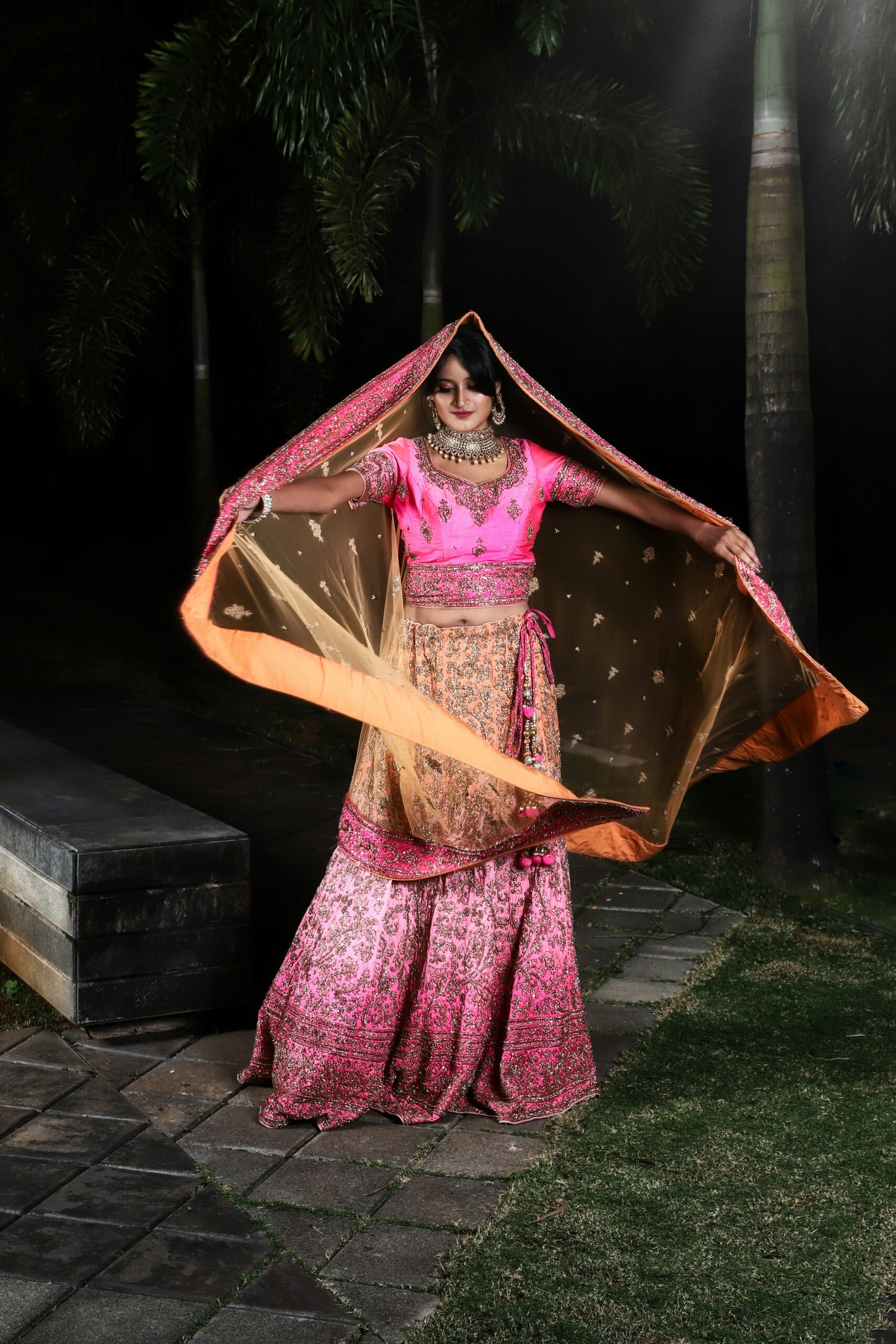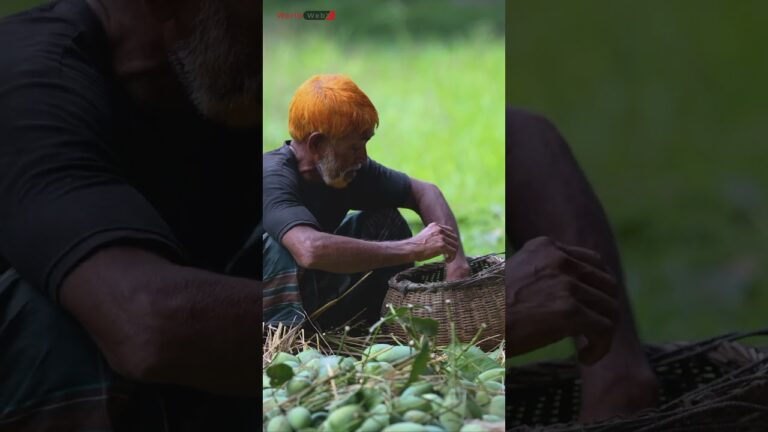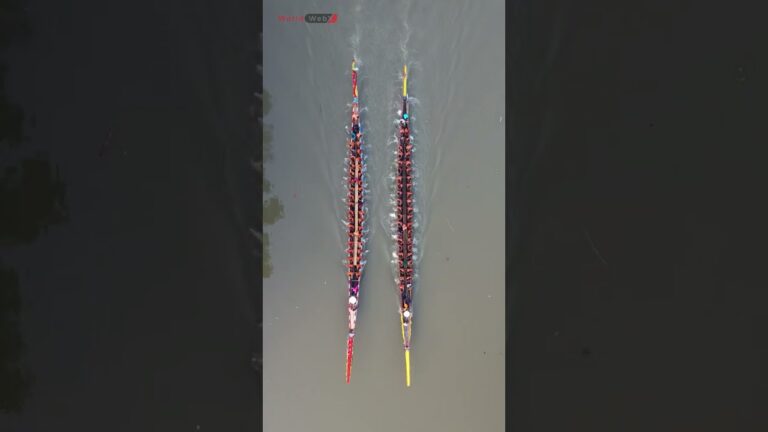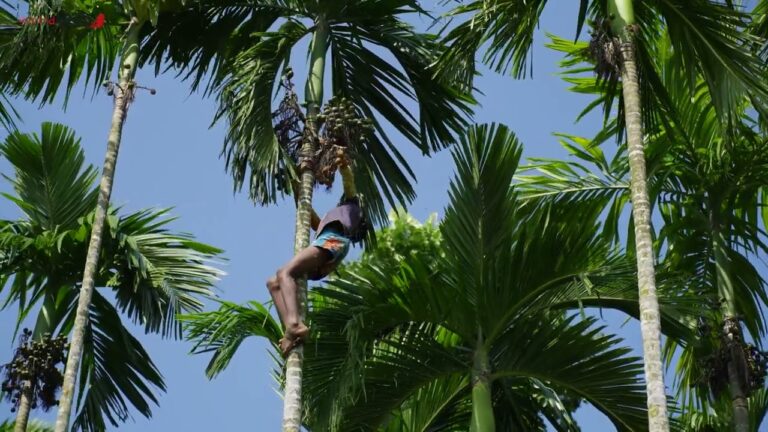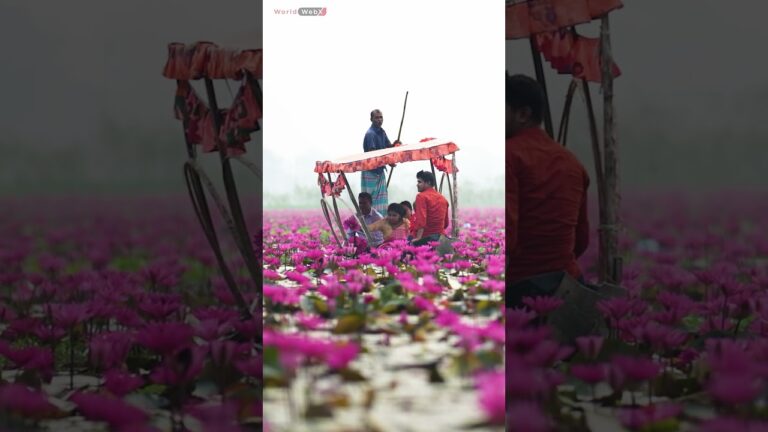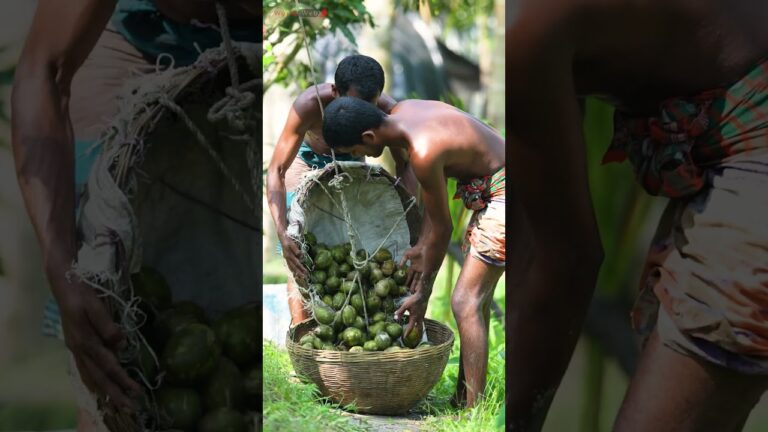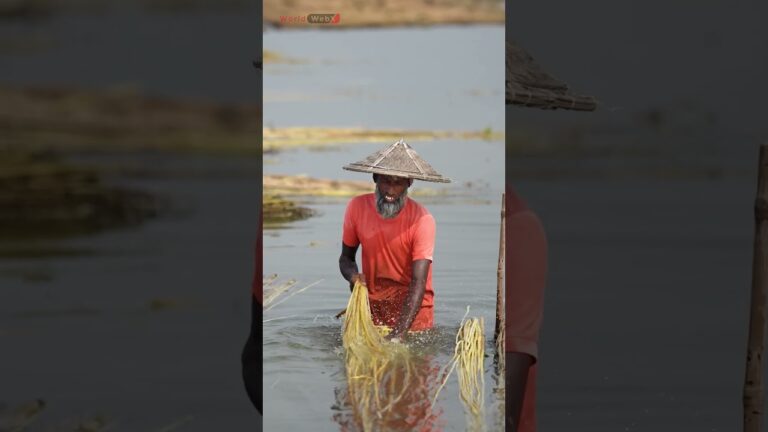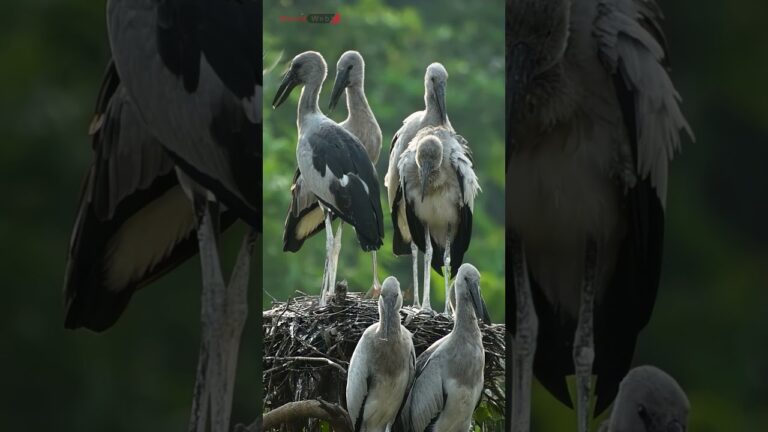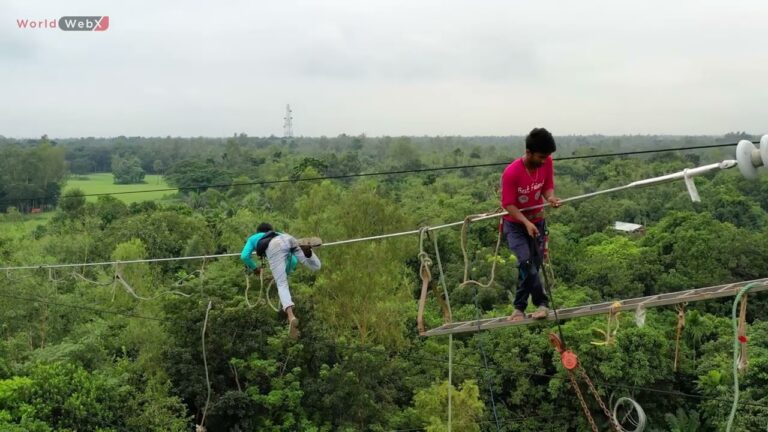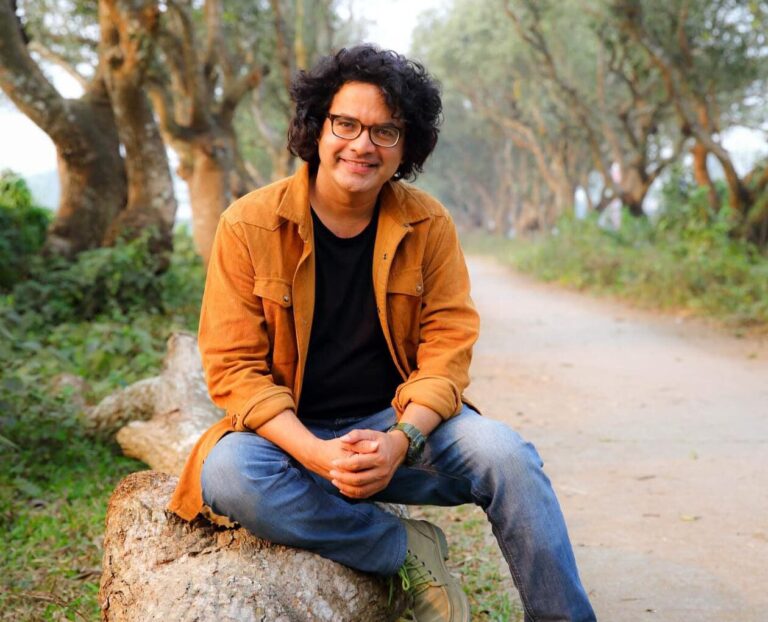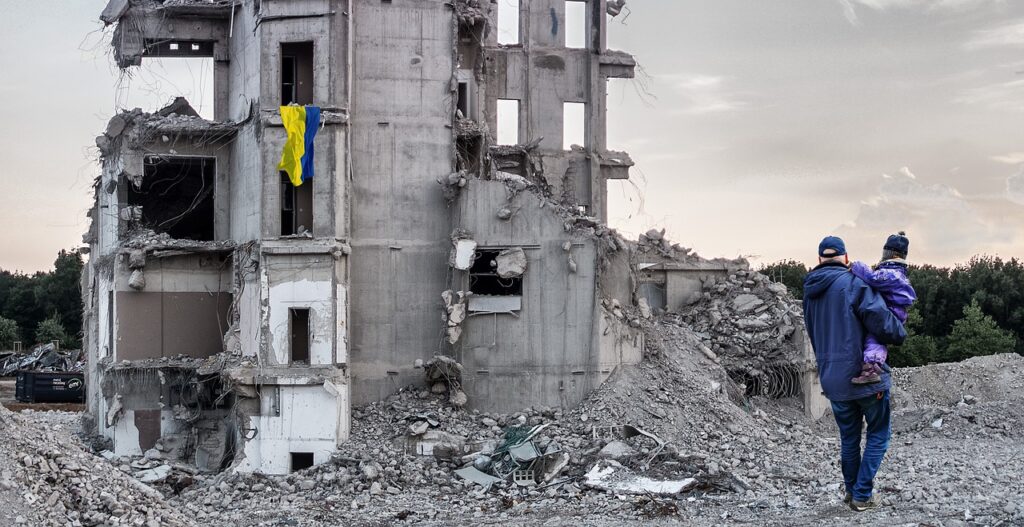Introduction
Welcome to Urblogpost! In this blog post, we will dive into the exciting world of trending topics, photography, and videography. Whether you are a passionate photographer, videographer, or simply someone looking for interesting and engaging content, we’ve got you covered.
Trending Topics
Keeping up with the latest trends is a great way to stay informed and engaged with the world around us. From global news to viral internet challenges, trending topics capture our attention and spark conversations. At Urblogpost, we strive to bring you timely and relevant content that covers a wide range of trending topics.
Our team of writers and researchers constantly monitor the pulse of the internet to identify what’s buzzing and create insightful articles that explore these trends. Whether it’s the latest social media craze, a breaking news story, or a popular cultural phenomenon, you can count on Urblogpost to provide you with a well-rounded perspective.
Photography
Photography is a powerful medium that allows us to capture moments and tell stories through images. Whether you are a professional photographer or an amateur enthusiast, Urblogpost offers a wealth of resources and inspiration to help you hone your skills and explore the world of photography.
Our articles cover a wide range of topics, including tips and techniques, gear reviews, photo editing tutorials, and interviews with renowned photographers. We believe that everyone has the potential to create stunning images, and our goal is to empower and inspire photographers of all levels.
Additionally, we showcase the work of talented photographers from around the world, providing a platform for them to share their vision and creativity. Urblogpost is a community that celebrates the art of photography and encourages collaboration and learning.
Videography
In today’s digital age, videography has become increasingly popular and accessible. From short films to vlogs, videos have the power to entertain, inform, and inspire. At Urblogpost, we recognize the importance of videography as a storytelling medium and offer a variety of content to cater to videographers and video enthusiasts.
Our articles cover topics such as video production techniques, equipment recommendations, editing tips, and interviews with successful videographers. We also showcase outstanding video projects from around the world, providing a platform for filmmakers to share their creative work.
Whether you’re a beginner looking to learn the basics or an experienced videographer seeking inspiration, Urblogpost has something for everyone. Our aim is to foster a community that encourages collaboration, learning, and the celebration of the art of videography.
Conclusion
As you can see, Urblogpost is your go-to destination for exploring trending topics, photography, and videography. Our team is dedicated to providing you with valuable and engaging content that keeps you informed, inspired, and entertained.
So, whether you’re looking to stay up-to-date with the latest trends, improve your photography skills, or dive into the world of videography, Urblogpost has you covered. Join our community today and embark on a journey of discovery and creativity!


